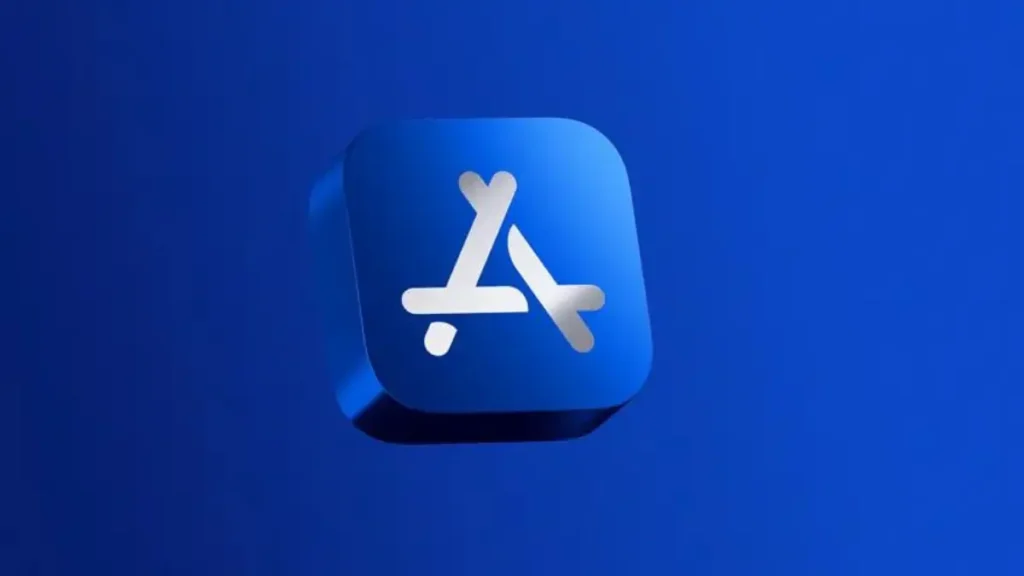In a significant development, the Department of Justice (DOJ) is intensifying its antitrust investigation into Apple’s App Store practices, which could have a profound impact on the digital landscape. The probe, initiated in 2020, is now reportedly “firing on all cylinders” claims Jonathan Kanter, the head of the DOJ’s antitrust unit since November 2021, to the Financial Times.

The focus of the investigation revolves around Apple’s control over third-party iPhone apps, a dominance that extends to both consumers and developers. Currently, the App Store is the sole marketplace for iPhone apps, and Apple dictates terms, including a 15% or 30% commission that developers and users must adhere to.
The European Union has already taken legislative action in the form of the Digital Markets Act (DMA), declaring the App Store subject to this law. This mandates that Apple must allow competition in the iPhone app market, which could result in the inclusion of competing app stores on iPhones. Compliance with this legislation is expected by April of the following year.
Simultaneously, the US DOJ’s investigation is gaining momentum. Observers anticipate a similar conclusion to the EU, possibly obliging Apple to permit third-party app stores or sideloading of iPhone apps in the United States.
Jonathan Kanter, who has openly expressed his intention to pursue cases against major US companies, oversees this antitrust investigation. While the DOJ remains tight-lipped about the probe’s findings, Kanter notes that time is of the essence, given the upcoming US presidential election and the potential for a change in administration.
- How to Fix Wealthsimple Tax T3 Error Code 95365: CRA Capital Gains Filing Issue Explained
- How to Fix “Failed to Load xgameruntime.dll – Error Code 126” on Windows 10/11
- How to Fix Audacity Error 0x1x: Application Was Unable to Start Correctly [2025 Guide]
- How to Fix ALFA-02 Error Code in The Division 2 After Latest Update
- Top Janitor AI Alternatives 2025: Best Chatbot Platforms with NSFW & Roleplay
Apple’s exclusivity over the App Store has faced scrutiny not only in the US and Europe but also globally. Japan is reportedly preparing its own antitrust legislation that could compel big tech companies like Apple to allow third-party app stores and alternative payment methods.
As the DOJ’s inquiry gains momentum, Microsoft is poised to become one of the first companies to open a third-party app store for iOS apps. This shift could have significant repercussions, especially considering that games contribute to approximately half of Apple’s App Store revenue.
The global regulatory landscape is evolving, and Apple’s response to compliance with European laws may catalyze a more comprehensive, worldwide change. The outcome of the US antitrust case against Apple’s App Store exclusivity remains uncertain, but its implications could extend far beyond the confines of the tech industry.

